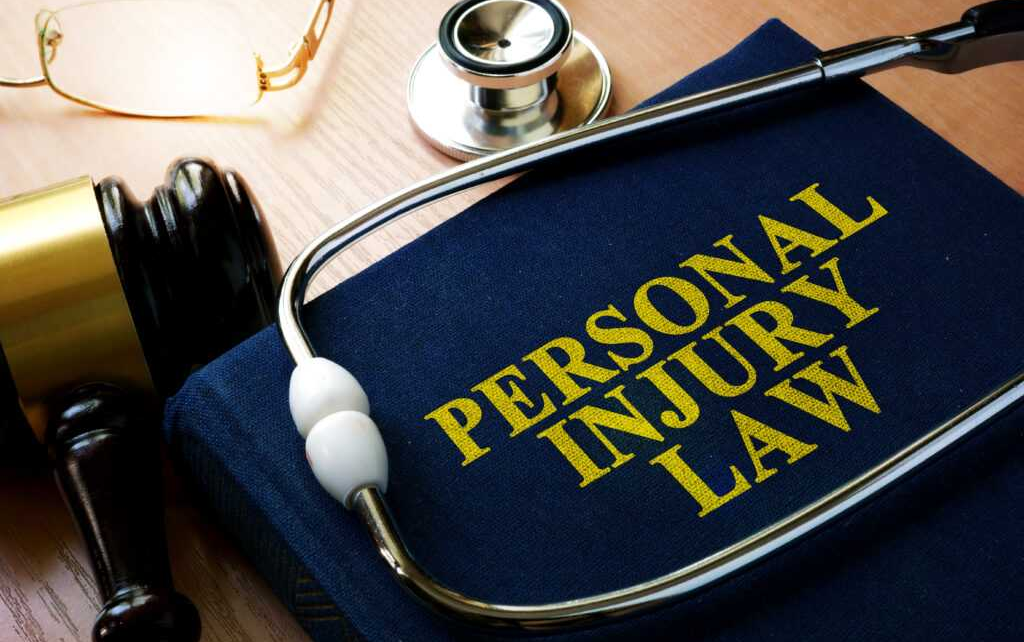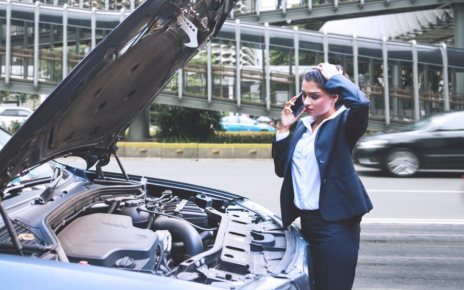Many people across the US face power outages for various reasons. Especially during the rainy season and chilly climate, electric failure and mechanical faults within a grid or wires are common. That’s when people resort to portable generators to get electricity.
Portable generators are helpful but they can be potentially dangerous too. These generators emit a huge quantity of carbon monoxide, which is harmful to the human respiratory system. Also, generators can lead to accidental electrical shock, fire injuries, or short circuits.
According to US Consumer Product Safety Commission (CPSC), Carbon Monoxide (CO) is the leading cause of death in non-fire incidents. The Carbon Monoxide alarm should work properly to make you aware if its emission reaches a dangerous level while using engine-driven tools.
If you got injured because of CO or portable generators, contact personal injury attorneys in Philadelphia, PA now for help.
Portable Generators: Use with a Caution
All portable generators emit CO. It is also referred to as a silent killer because most people can’t detect CO unless it reaches a dangerous level. Every year, hundreds of people die because of CO-induced accidents and exposure.
You must place your portable generator outside your house. Never use the machine inside the basement, garage, or kitchen. CO in confined spaces may lead to Carbon Monoxide poisoning, which is fatal and dangerous.
Any person coming in contact with CO can start feeling dizziness, headaches, respiratory trouble, and confusion. They should immediately get fresh air and must be taken to a safe place.
The Safety Checklist You Must Follow
- Keep generators at least 25 feet away from your doors and windows.
- Before using portable generators, you must install carbon monoxide alarms on the premises.
- Don’t use the machine in confined places like the garage, kitchen, or basement.
- Never turn on your generator if the body of the machine is wet or moist.
- Connect your appliances to the generator using extension cords only.
Other Precautions To Follow
Generators run on fuels. But all fuels are combustible. So you shouldn’t keep fuel near your kitchen. Instead, you can store fuel in an air-tight container somewhere safely in an isolated area of your garden.
Don’t keep on adding fuel after fuel to your generator. Give ample time for generators to get cool off first before you should start refueling them. Even a minor mistake can ignite the fire. It’s better to be on the safe side and use generators with maximum caution.
Awareness is the key. You should always make people cautious about the use of portable generators. It’s quite pertinent that if your neighbor doesn’t use their generator properly, it can affect your well-being, too.
In Conclusion
Any negligence in using risky equipment like a generator can endanger your life, plus the people living around you. If you have suffered a burnt injury because of another person’s mistake in using a portable generator, you can sue that person in a court of law to get compensated.





